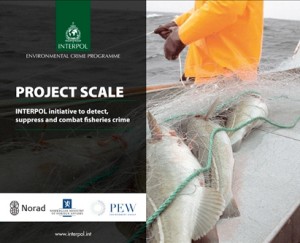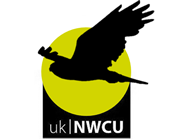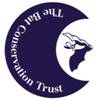 CAPE TOWN, South Africa
CAPE TOWN, South Africa
The strategic use of INTERPOL’s global tools and services was the focus of the 2nd Regional Consultation on Fisheries Crime, targeting Southern and Eastern Africa.
Organized under the auspices of INTERPOL’s Project Scale and in close collaboration with the South African Department of Agriculture, Forestry and Fisheries (DAFF), representatives from 11 countries, eight INTERPOL National Central Bureaus, two INTERPOL Regional Bureaus, and 20 inter-governmental and non-governmental organizations attended the two-day (10 and 11 July) meeting.
Building on the 1st INTERPOL Project Scale Regional Consultation on Fisheries Crime held in Yaoundé , Cameroon , earlier this year, the conference enabled the sharing of expertise and best practice to combat fisheries crime globally.
“Trafficking in natural resources has intensified and is one of the largest threats to development of African countries,” said Mr Ceba Mtoba, Chief Director of DAFF.
“We have experienced the involvement of organized crime syndicates in illegal fishing, and call upon INTERPOL to assist its member countries in its fisheries law enforcement efforts,” added Mr Mtoba.
“We welcome INTERPOL’s Project Scale and look forward to continuing our good cooperation in the future in protecting our rich fishing grounds,” said Muhyadin Ali Yusuf, Chair of the Somali Anti-Piracy Task Force.
“INTERPOL Project Scale has shown significant success in the short time since its inception”, said Gunnar Stølsvik, Chair of the INTERPOL Fisheries Crime Working Group. “There is a clear need for INTERPOL Project Scale to assist law enforcement agencies, including ours in Norway , to help transcend borders and ensure communication and collaboration between law enforcement agencies worldwide.”
The 2nd meeting of the Fisheries Crime Working Group will take place in Nairobi , Kenya , from 4 to 7 November, alongside the INTERPOL–UNEP International Environmental Compliance and Enforcement Conference on 6 November.
INTERPOL’s Project Scale is supported by the Norwegian Ministry of Foreign Affairs and the Pew Charitable Trusts.




